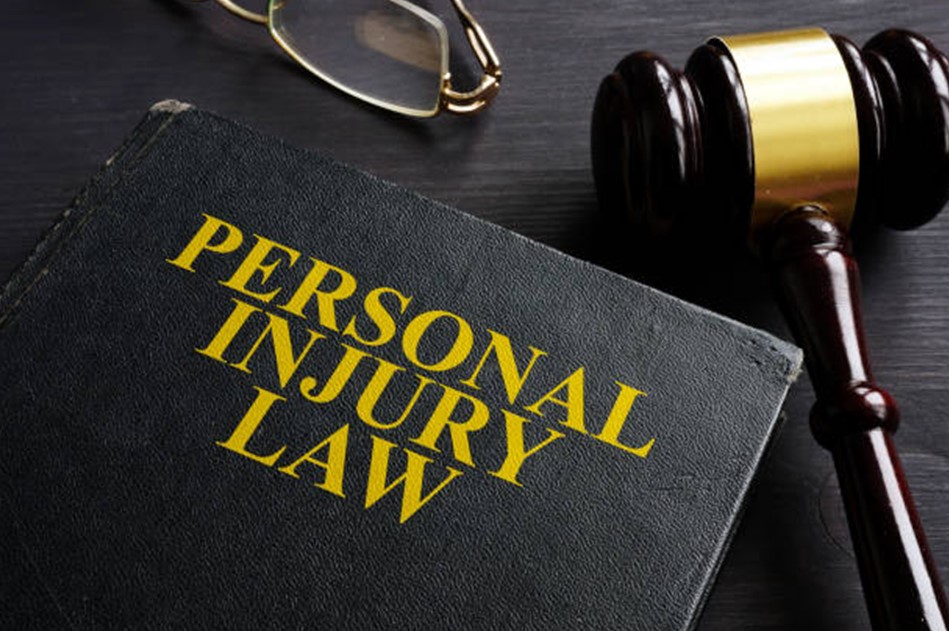What Constitutes a Personal Injury?
Not every injury warrants legal action, yet legal recourse may be appropriate when harm is suffered due to another party’s negligence or a deliberate act. Personal injury covers a broad spectrum, from accidents and workplace injuries to medical malpractice and product liability. Determining whether these experiences justify a claim typically involves looking at whether a duty of care was breached, resulting in injury or loss.
Seeking Professional Legal Help
Understanding your rights and the finer legal points of personal injury law is essential. Seasoned legal counsel, such as that offered by a personal injury law firm Hillsborough County, can be your advocate in this complex field. Such legal assistance is crucial not only in offering clarification regarding the viability of your claim but also in providing robust representation throughout the process, whether in negotiations or in court.
Documentation and Evidence Collection
Gathering irrefutable evidence is a cornerstone of any successful personal injury claim. This step involves collecting various documents, including medical records detailing the injuries, police reports, photographs from the scene, and accounts from witnesses. Proving the extent of your injuries and the other party’s fault can be incredibly challenging without a comprehensive collection of evidence.
Filing the Claim
Upon establishing substantial evidence, your attorney can proceed with filing your claim. This legal document, known as a complaint, formally accuses the responsible party of negligence and articulates the extent of the damages sought. It is served to the defendant, who is then required to respond, usually by engaging their legal representation. This response will offer the defendant’s perspective on the accusations leveled against them.
The Negotiation Process
Before a case is seen inside a courtroom, there is often an attempt to settle the matter through negotiations. During this period, your attorney and the defendant’s counsel will discuss the claim’s value. Settlement talks require a careful balance of assertiveness and willingness to compromise, qualities that a seasoned attorney will possess. Should both parties reach an agreement, the claim is settled, and compensation is awarded accordingly.
Understanding the Litigation Phase
When settlement talks don’t yield an agreeable outcome, the claim escalates to the litigation phase. Trials can be lengthy and require thorough preparation, including collecting additional evidence, depositions from witnesses, and formulating a compelling case to convince a judge or jury. This stage is marked by a more formal set of procedures and rules of evidence.
Closing the Claim
The resolution of a personal injury claim, whether through settlement or trial verdict, culminates in awarding damages. These damages are meant to compensate for the injuries, suffering, and financial losses. In the case of a successful trial verdict or a settlement, your lawyer will work to ensure that the awarded funds are duly received. This closure brings a sense of justice and contributes to the healing process, allowing the injured party to move forward with their life.
The journey through a personal injury claim is multifaceted and complex. If you’ve been the victim of a personal injury from a car accident due to distracted driving or any other form of negligence, exploring legal options with a reputable firm can be an integral step toward receiving the compensation you deserve. For those affected, adequate legal representation offers an opportunity for restitution and a pathway to restoring peace of mind and stability to their lives.

